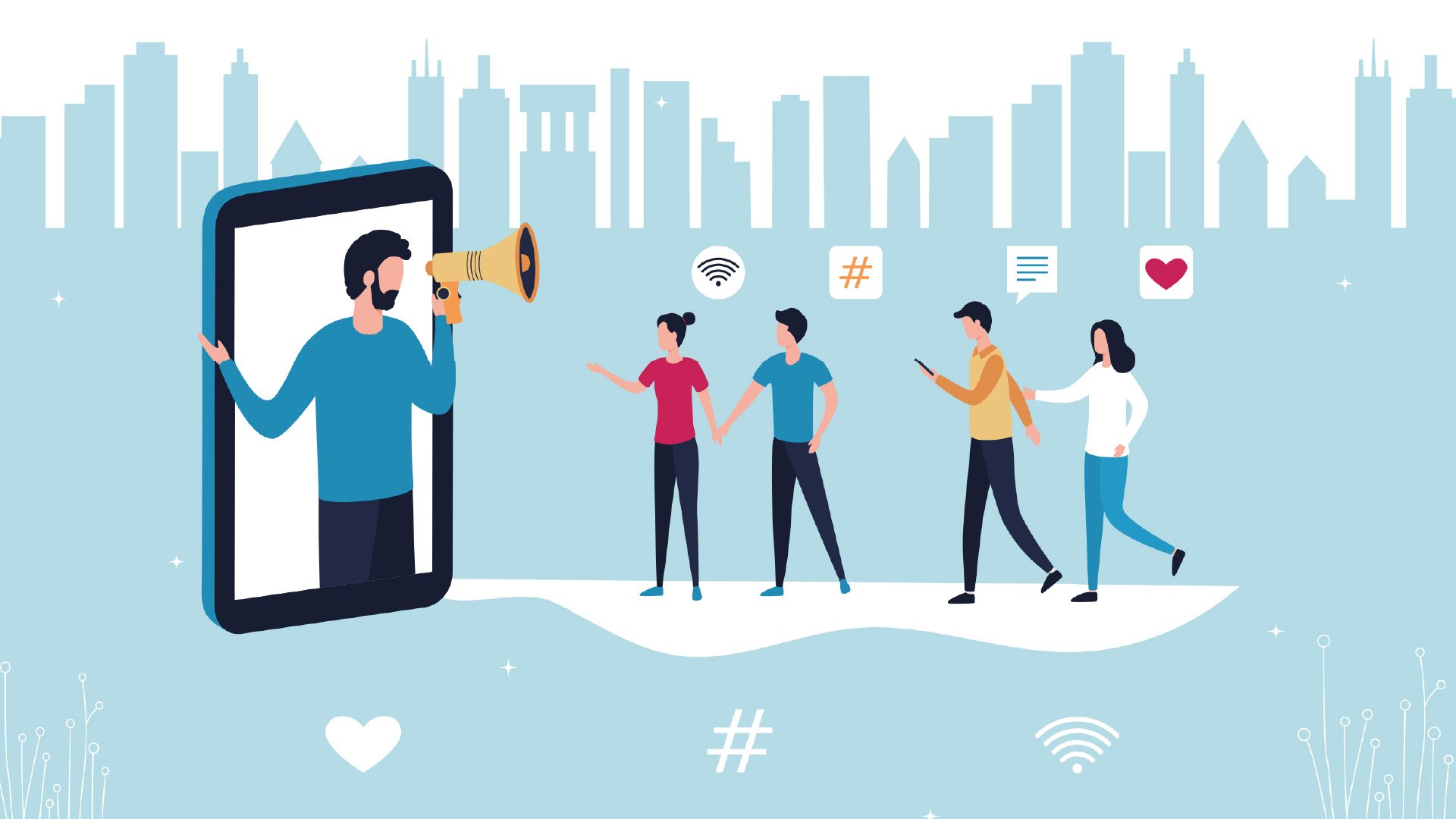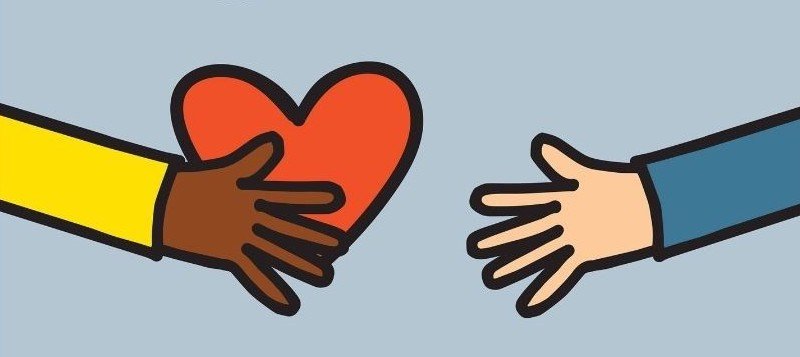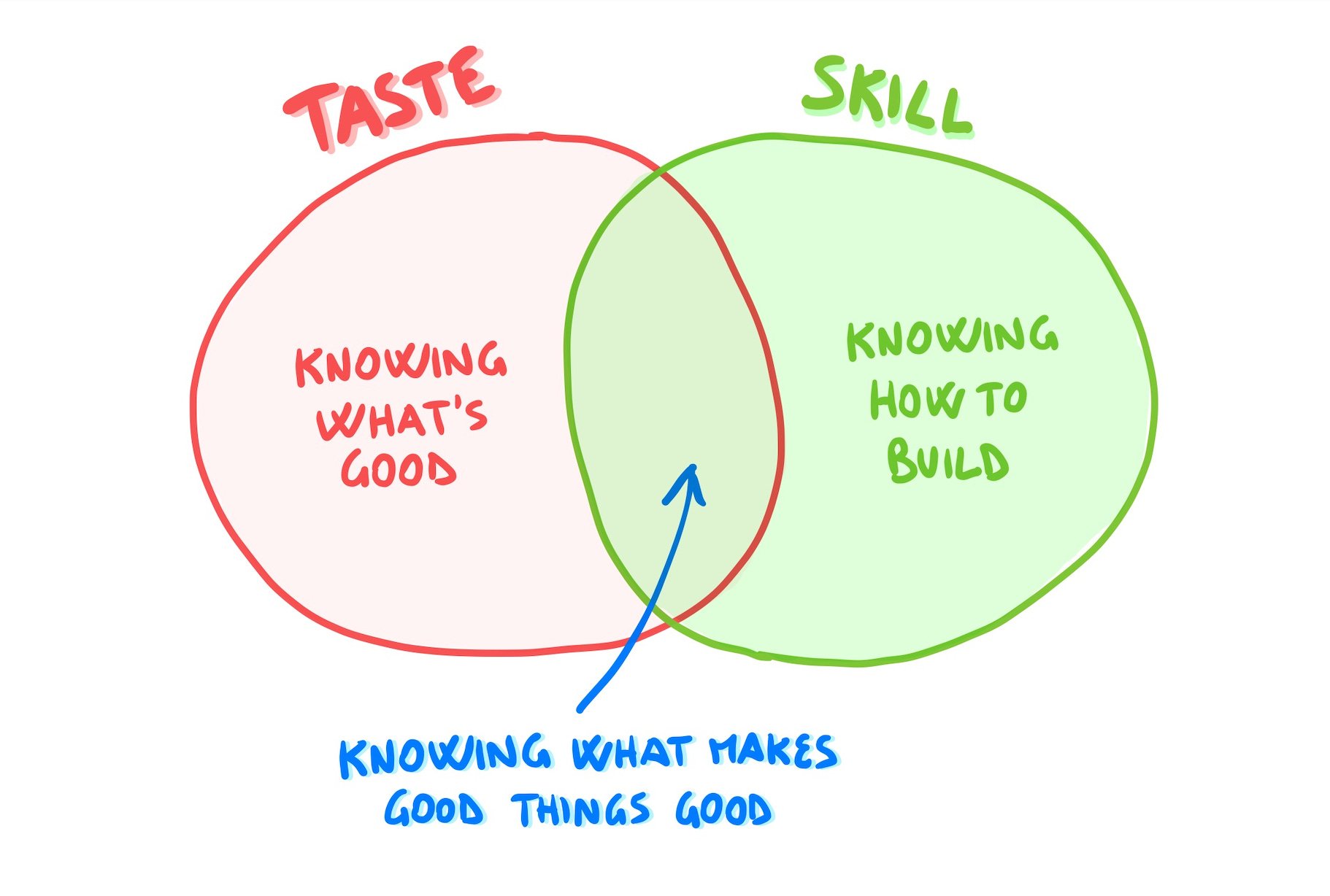We don’t have time in our everyday lives to tap into every little detail before taking a decision, so we tap into mental shortcuts e.g., authority, scarcity, etc., etc., to help us make decisions. And this is why good photography matters, and this is why good design matters, and this is why good branding matters. These mental shortcuts are based on reliable information, unfortunately, designers and brand managers try to exploit these shortcuts for their own gain, by using counterfeit evidence and shady tactics to make you buy their products under false pretences.
Social proof is relying on others’ opinions to make choices especially when we don’t have enough information to make an informed decision. Social proof is more effective when the people promoting the product seem like our peers. And that’s why marketers focus on using the terms, “best-selling and highest rated.” As then they don’t have to convince you that the product is good, they just have to convince you that other people think it’s good. And this is why I think social proof can be used for manipulative purposes.





















